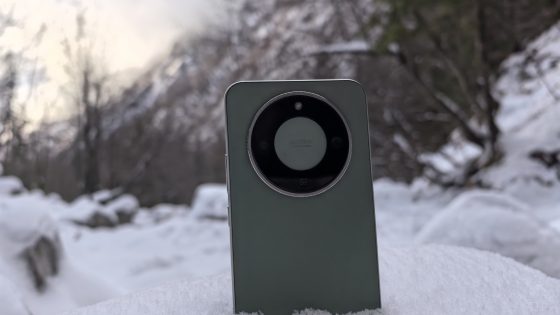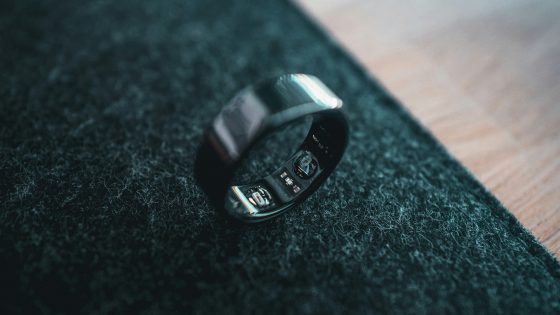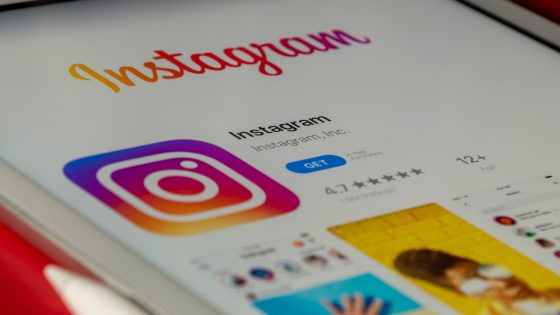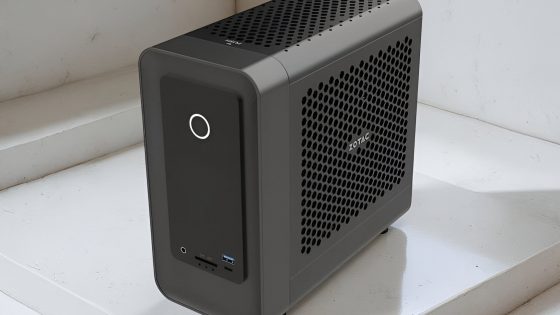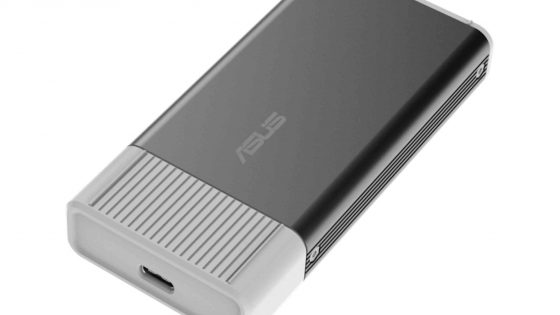Even toothbrushes can be a cyber hazard
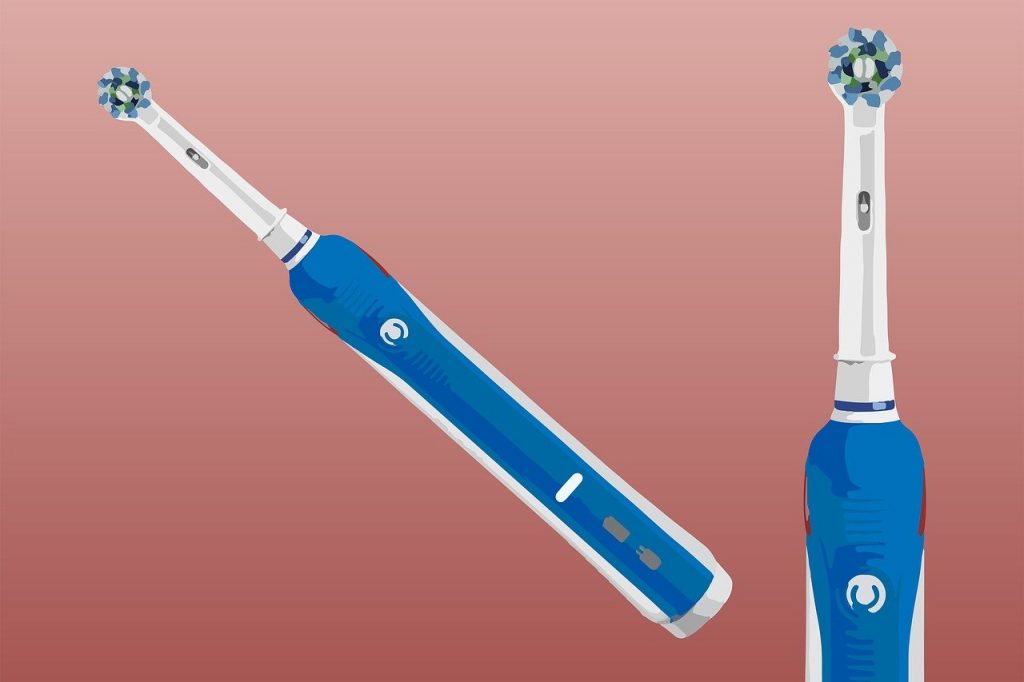
Security experts have warned that millions of toothbrushes infected with viruses could be used in a large-scale cyber attack.
Internet-connected toothbrushes could be connected to a so-called botnet, allowing them to carry out a distributed denial-of-service (DDoS) attack that would overwhelm websites and servers with large amounts of web traffic.
According to Swiss newspaper Aargauer Zeitung, which first reported the threat, the attack could bring down major websites, resulting in millions of dollars in lost revenue. Many reported the hypothetical scenario as an actual attack on an unknown Swiss company, but Fortinet was quick to explain that it was only research and a warning about a possible future threat.
“The topic of using toothbrushes for DDoS attacks was presented during the interview as an illustration of a specific type of attack and is not based on research by Fortinet or FortiGuard Labs,” the spokesperson said. “It appears that the translation has stretched the narrative on this topic to the point where hypothetical and real-world scenarios are blurred.”
Fortinet also warns of the dangers of smart devices, which can include webcams, baby monitors, doorbells and smart home appliances. “Any device that is connected to the internet is a potential target – or can be misused for an attack,” said Stefan Züger, head of systems technology at Fortinet in Switzerland. Züger advised owners of smart technology to take steps to protect themselves.
It's not hard to see that everyday smart devices are increasing risks. At this year's CES, we were presented with even more such devices, including a smart pillow, so it is quite understandable that in the future cyber miscreants will also focus on these devices.
The question is how we can protect ourselves and at the same time use smart everyday devices.



